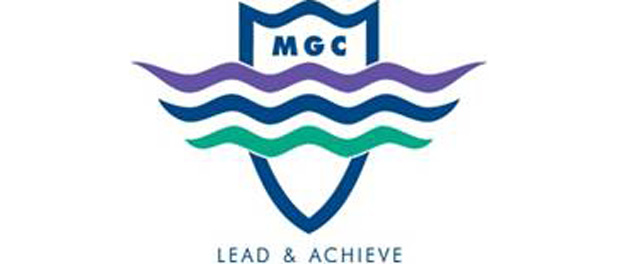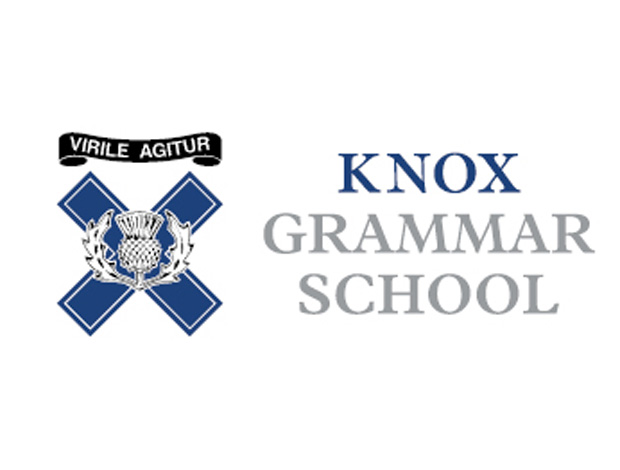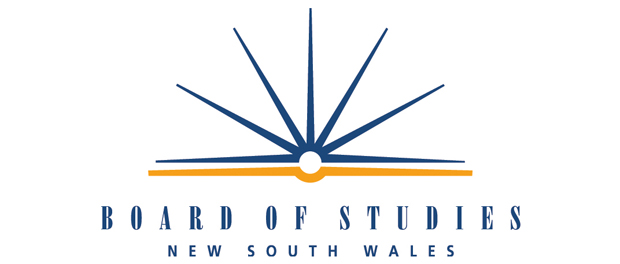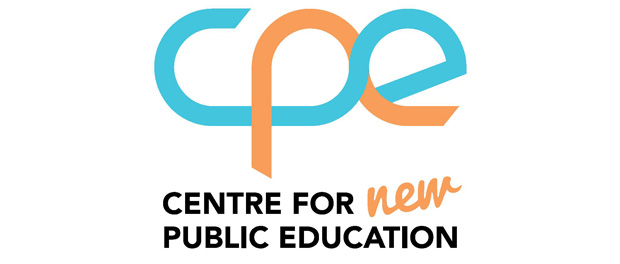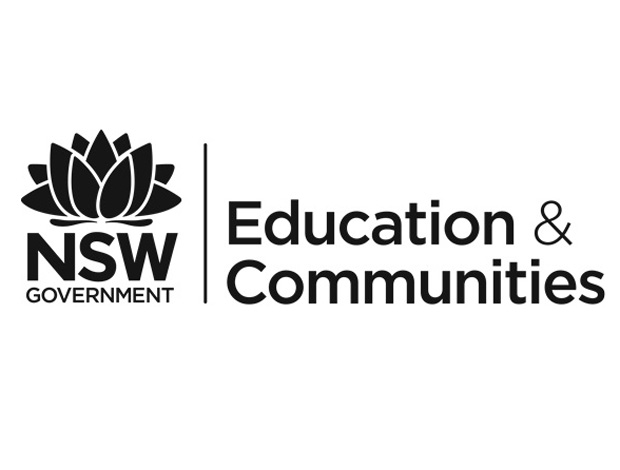Melbourne Girls’ College Headteacher Judy Crowe arranged for me to discuss my research with Head of English, Sally Sutherland and Librarian, Deborah Huismann. Sally and Deborah are passionate educators who are actively invested in researching practice: they frequently present papers at the Victoria Association for Teaching of English conferences. They had done a great deal of preparation for my visit, conducting an audit of critical literacy across the school curriculum, and collating copies of resources and student work for me to see. Our discussion was fascinating and very wide ranging.
Some highlights which represent innovative practice in critical literacy:
Year 7 – picture book creation project which involves deconstructing a published picture book then evaluating what makes a good book. This involves critical analysis of topic, issue, perspectives and implications.
Year 8 – pairs read one modern book (from a list) and one classic book (from a list) then they have to prepare a presentation comparing and contrasting the books. The two books may be on completely different topics, set in different worlds and in different eras but the results of this activity have astounded teachers at the school. The girls critically engage with the texts and reflect on their divergent contexts, purposes and themes in a reflective and analytical way – forcing them to view multiple worlds through a critical lens. For students in year 8, this is a highly developed thinking activity and has the potential to make them more critical and astute readers (and citizens) from a young age.
Year 9 – Linked to the Melbourne comedy festival, students conduct their own study of comedy and ‘perform’ in Class Clowns, the school’s own comedy competition. Comedy is a tricky genre to study, requiring the interrogation of multiple layers of complexity. The school draws on professional experience and invites comediennes into the school to deliver workshops on writing and performance. The girls discuss important social justice issues surrounding truth, humour and emotions and they engage deeply with the ethics of comedy, making challenging decisions about content, style and delivery. Seeing an issue from alternative perspectives is an important component of critical literacy and through this fun and engaging activity girls have the opportunity to analyse responsible use of language.
Year 10 – students choose one of eight electives which stimulates their interest. One of these is ‘Talking Back’ which focuses on interpreting reading positions, identifying gaps and silences and formulating argumentative responses which are informed by knowledge and structured persuasively. Although part of English study, this course is, in itself, an introduction to critical literacy and will therefore be of benefit across the curriculum.
Year 11 – students are taught how to deconstruct texts and learn collaboratively with peers on a given theme e.g. justice. Four students may each read a (different) book which has justice at its thematic core then they review their books as members of a group so that they can learn about justice from various literary and social perspectives. The need to engage actively in subsequent cooperative learning deepens the way in which girls read their book and increases their investment in representing its ideas comprehensively and coherently.
Year 12 – the Victoria Certificate of Education (VCE) provides a set text list but the school chooses those texts which provide maximum accommodation to critical, cultural and controversial issues. Teachers are supported in facilitating discussion of these issues by Emma and Sophie Robinsons’ book: What does it mean? An introduction to text, context, values. One chapter which seems particularly appropriate for the critical analysis of literature is ‘gender, race, nationhood and cultural practices’.
I left MGC feeling inspired and reassured that critical literacy is alive and well in Melbourne. The willingness of Sally and Deborah to innovate, trial and reflect on teaching strategies which cultivate critical literacy makes for a dynamic learning environment. Their risk-taking strategy has certainly borne fruit. Sally said, ‘The best part is that we never really know what will happen. Yet, time after time, the girls produce phenomenal results and that’s very exciting for all the staff.’ This approach to critical literacy education demands much from the English department. Clearly, at MGC, it works well but schools in the UK may benefit from adapting it into a cross-curricular partnership delivery model, building on the individual and collective strengths of teachers.
